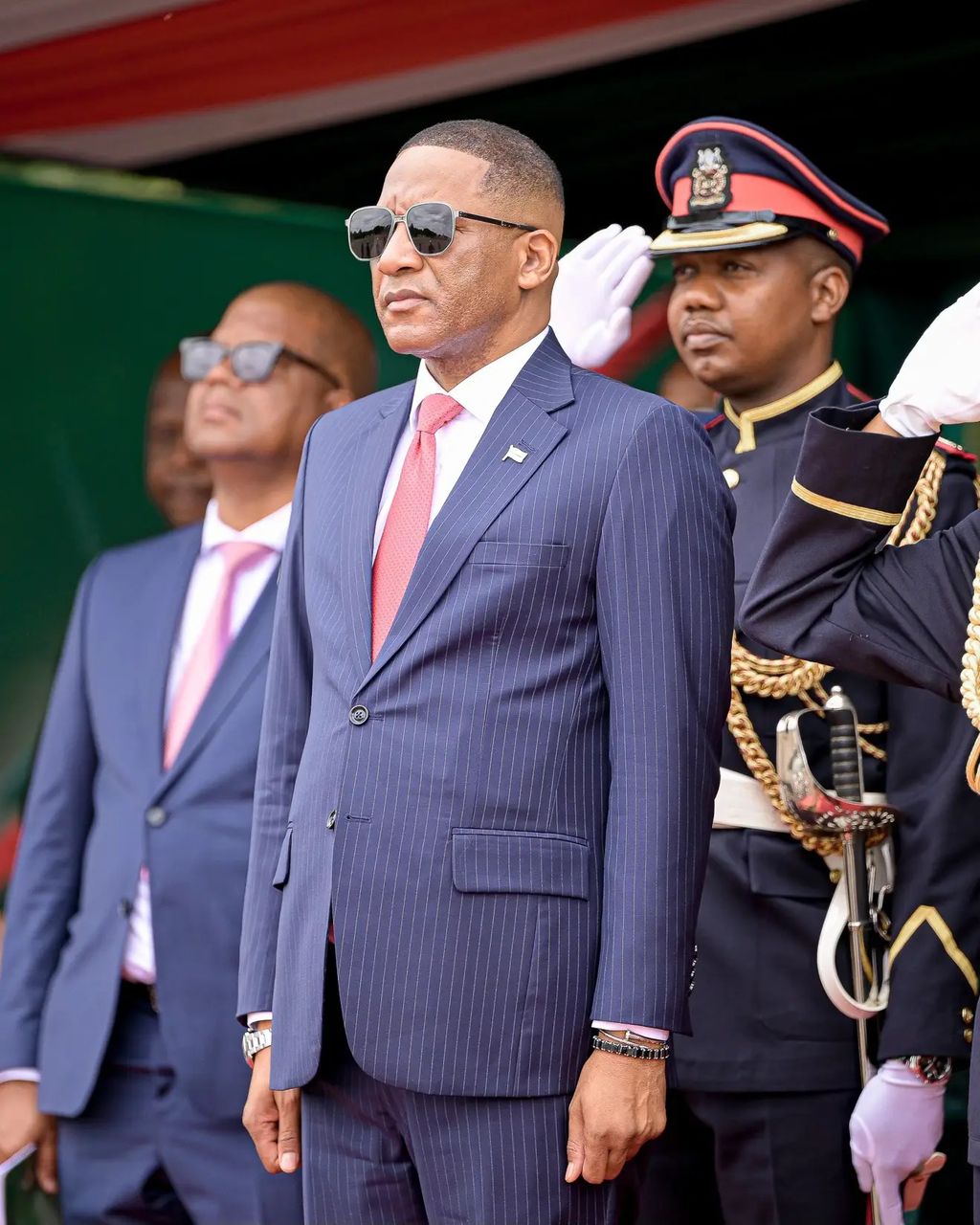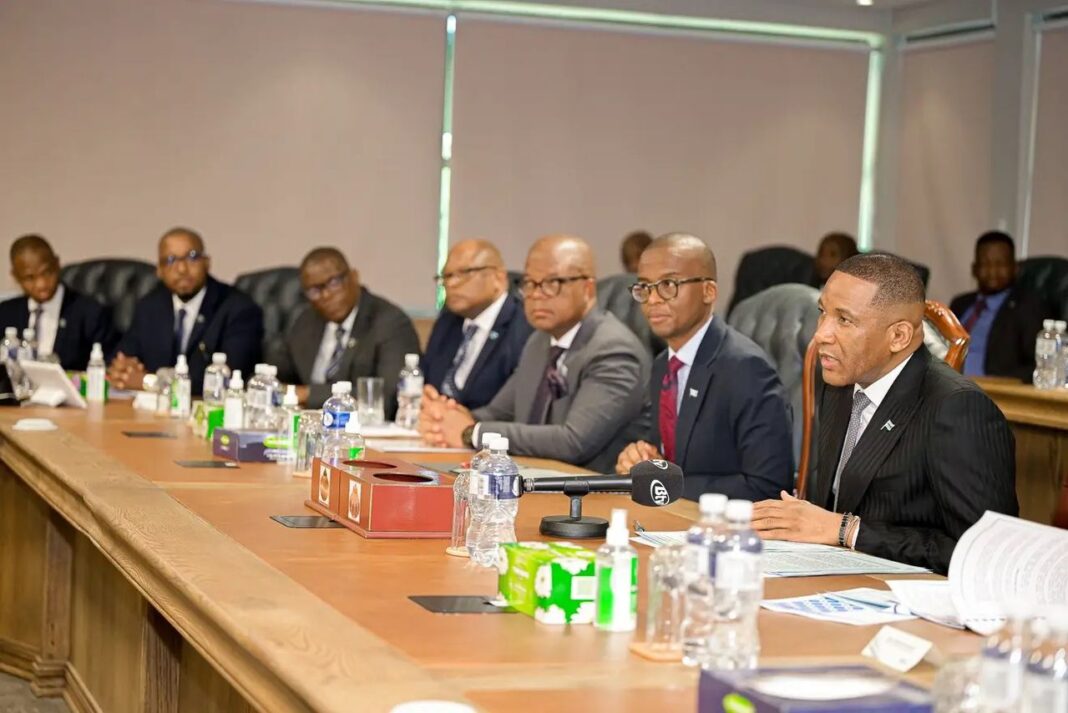Transforming Botswana into a transport and logistics hub for the 360 million-strong SADC market is a central pillar of the administration’s infrastructure development plan. President Boko emphasised the country’s “land-linked” status, which makes it a critical transit route to countries like Namibia, Zambia, and South Africa. To ensure the sustainability of its road network, the government intends to improve national roads through the construction of high-quality tolled roads to fund development and maintenance. Construction of the A3 road has commenced, and feasibility studies for the A1 dual-carriageway tolled road, spanning over 600 kilometres, are scheduled to begin before the end of the year. In rail transport, the government is developing alternative lines crucial to the North-South Corridor, including the Mmamabula-Lephalale and the Mosetse-Kazungula-Livingstone lines.
A significant portion of the address was dedicated to Energy, where national demand currently exceeds local generation by 35%. The government is aggressively increasing local generation through renewable and thermal power, with the goal of attaining capacity for export. A total of 900 MW of solar photovoltaic (PV) power generation is under development in Maun, Letlhakane, and Isang, while 600 MW thermal is being developed at Mmamabula. It is expected that over 100 MW of solar PV will be streamed into the grid by December 2025, with the 600 MW thermal targeted for December 2027.
Furthermore, the remediation of Morupule B (600 MW) is bearing fruit, with 3 units running and the final unit expected by December 2025, bringing total thermal generation to 720 MW. Botswana is also positioning itself for the global market for renewable energy certificates (I-RECs), having formally tendered its application to the I-Track Foundation. Meanwhile, the security of petroleum products is being addressed, with Botswana Oil Limited advancing major storage projects to increase strategic fuel stocks to 100 days of cover. This includes the Francistown Petroleum Depot expansion, which is 88% complete and set for commissioning in June 2026, and the Gantsi depot, which is 55% complete.



